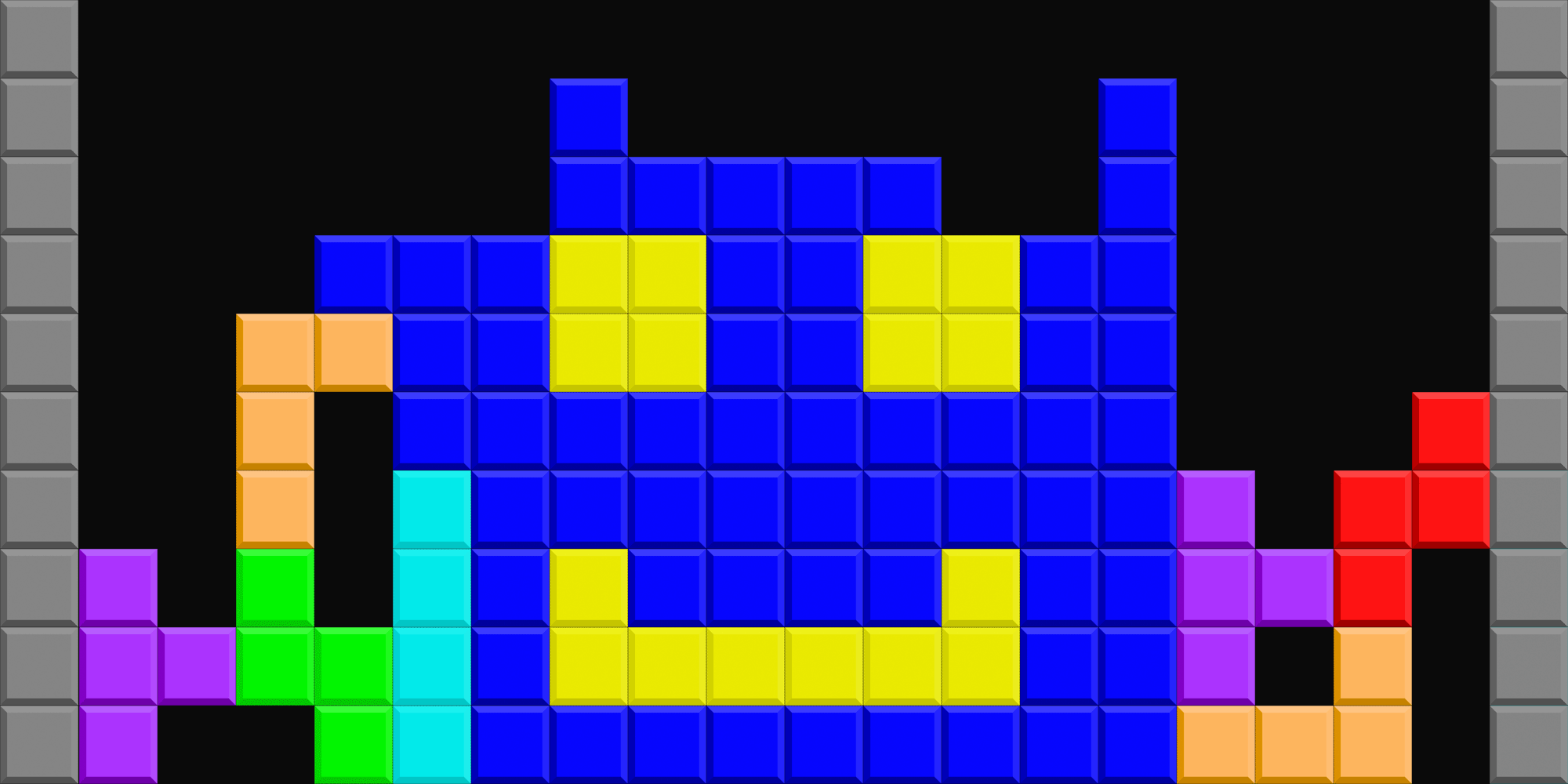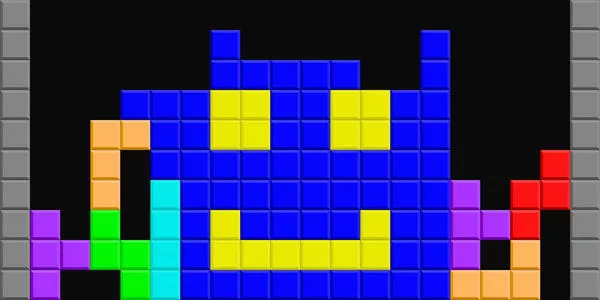Los sorprendentes beneficios de jugar Tetris en el trabajo

Por qué todos en LinkedIn y Reddit piensan que Tetris puede hacerte mejor en tu trabajo.

A few months ago, I began noticing an unusual pattern across my digital feeds. Wherever I scrolled, people kept telling me to play Tetris.
Aspiring thought leaders on LinkedIn touted the game as a tool for honing strategic thinking. On TikTok, it was promoted as a salve for workday anxiety. Reddit users sang its praises, saying it may help prevent flashbacks from traumatizing experiences. In the past six months alone, dozens of Reddit posts have suggested Tetris to help with PTSD.
Las sorprendentes sombras azules de Prabal Gurung Raf Simons abandona Jil Sander ¿irá a parar a Dior?
I was skeptical. But I quickly realized that I was late to the party. Studies on the game's potential to improve players' mental health and cognition date back to at least the early 2000s. Research on how the brain adapts to playing Tetris goes back even further. In recent years, Tetris has gained new momentum as a better-living gambit.
But how exactly does it work?
Tetris was created in 1984 in Soviet Moscow by Alexey Pajitnov. Players pieced together descending multicolored puzzle blocks to form tidy rows that fell away. A 1991 study of Tetris players' brain scans found that their cognitive processing while playing the game became more energy-efficient the more they played, suggesting that their brains became primed toward solving the puzzle. In 1994, Wired dubbed this the "Tetris effect."
Multiple studies found that playing Tetris within a critical time window following a traumatic event might reduce the onset, intensity, and frequency of PTSD symptoms. A study published last year found that playing a single 20-minute round of Tetris after focusing on a traumatic memory led to an average 85.9% drop in intrusive memories five weeks after playing.
Amy Morin, una psicoterapeuta, dice que el uso de Tetris para tratar el PTSD sigue un cambio más amplio en la comprensión clínica de cómo trabajan la memoria y el trauma juntas. Ella y sus colegas reconocen que profundizar en la procesamiento inmediato después de un evento traumático puede agravar el malestar. Jugar a Tetris, en cambio, puede ayudar a prevenir el bloqueo de recuerdos que se convertirían en pensamientos intrusivos más adelante.
Padilla, un creador de contenido de 28 años, descubrió que jugar Tetris le ayuda a sortear los momentos más difíciles de su jornada laboral. “Me hace pensar de una manera muy calma y analítica”, dice.
Otros también han notado beneficios similares. Abhishek Shankar, fundador de una startup, juega Tetris para mejorar su concentración. “La toma de decisiones rápida me lleva a un estado de flujo que me ayuda a resolver problemas complejos”, explica.
Katherine Yan, ingeniera en Medium, dice que Tetris ayuda a entrenar su cerebro para reconocer patrones y tomar decisiones bajo presión. “Es un ejercicio constante de priorización y razonamiento espacial”, indica Yan.
¿Quién no ha jugado Tetris? No hay nada que perder por intentarlo.
Desde donde ella está, la investigación es prometedora, el juego es divertido y, en muchos casos, es gratis. "No tienes nada que perder al intentarlo", concluye Morin.







